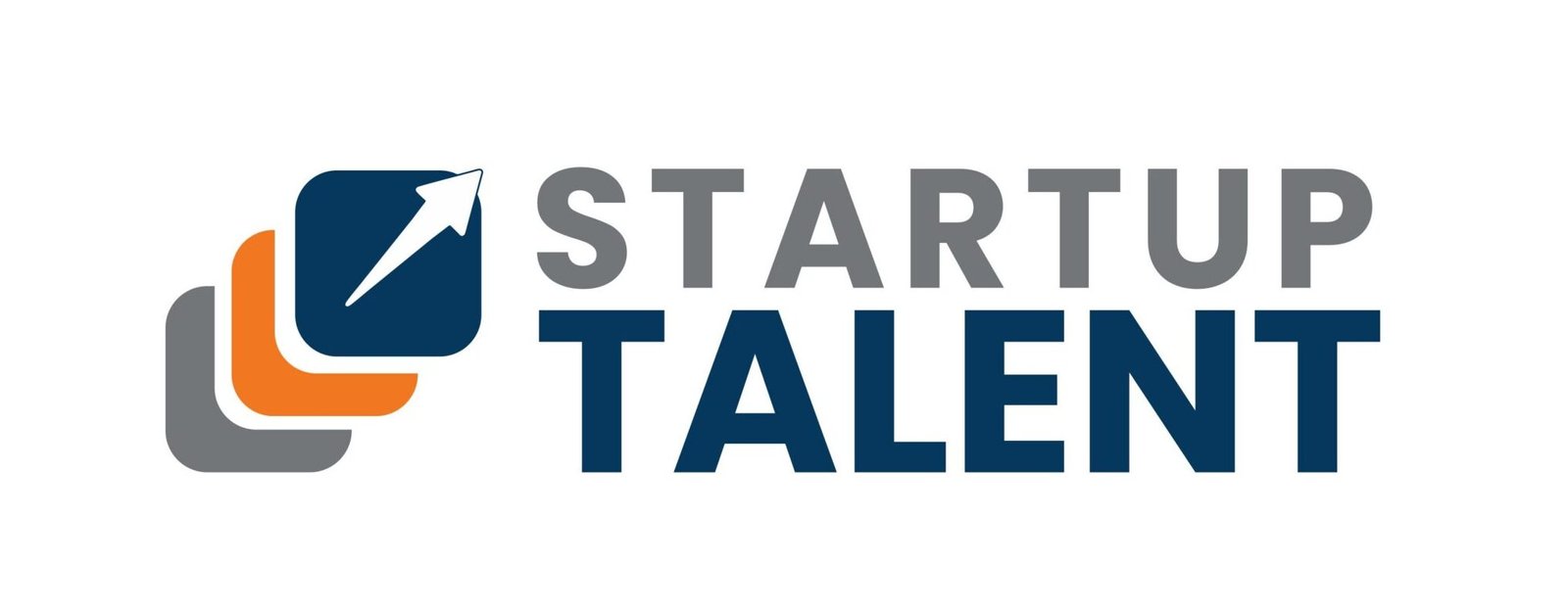A company’s success depends upon its workforce. In the case of startup companies, hiring the right talent is paramount for success. The right talent includes skills and qualifications and refers to the individual’s ability to fit culturally within the organization. While skills and qualifications are essential for an individual to flourish within a company, their ability to work cohesively with other employees also plays an integral role in the decision-making process for the organization.
For startup companies, hiring a candidate who is culturally a good fit for the organization is extremely important as it helps determine the overall organizational value of the company as it endeavors to flourish in its overall purpose. This blog will highlight why cultural fit matters in startup hiring and the strategies that can help assess it efficiently.
To understand why cultural fit matters, it is necessary to evaluate its potential. A culturally diverse workforce helps motivate employees and also retain them efficiently. For startup companies, by choosing to hire talent based on their ability to fit culturally, the startup elevates its chances of hiring people who can function well in cohesive workspaces. Evaluating cultural fitness also helps them align the company values with the potential of their hired employees. Also, by hiring culturally fit individuals within the organization, the startup positions itself for innovatively conducting business within its chosen industry. Hiring culturally fit employees is a pivotal part of the startup’s success in its overall purpose. This applies to onsite and remote employees.
For Startup Companies Hiring Remote candidates, they must still evaluate the cultural aspect to foster team spirit in the future. By hiring employees based on cultural ability, a startup successfully creates a diverse workforce that can focus on innovatively conducting business by taking risks. The different benefits of Startup Companies Hiring culturally fit candidates are as follows.
Elevated quality of team dynamics
The startup can create diverse teams by hiring culturally fit candidates. Furthermore, this will equip them to foster communication and collaboration within the workspace to help motivate employees to achieve their overall goals. Startup company jobs always evaluate the cultural aspect of the candidate to evaluate their potential to work in a team setting.
Employee turnover and company culture
One of an organization’s primary responsibilities as an employer is to retain its workforce. By hiring culturally fit candidates, a company contributes to the betterment of its organizational culture and successfully creates a workspace that is positive, motivating, and encouraging of one another. Prioritizing the culturally fit aspect within the Startup Hiring Process can reduce turnover rates and successfully develop a cohesive and positive work environment that helps motivate every employee.
Elevated chance of innovation
A startup’s success depends upon its ability to function within its chosen industry innovatively. However, another aspect of a startup is its ability to adapt. By hiring culturally fit candidates within the organization, startups can embrace innovation and function efficiently by keeping up with the current trends within their market. Hiring culturally fit candidates also allows them to have a workforce fully prepared to adapt to any trends within the market that the startup belongs to.
Since hiring culturally fit candidates equips the startup to achieve its overall purpose, it has to come up with the necessary strategies that will allow it to achieve this goal. To strategically assess the cultural fit within the hiring processes, the startup can incorporate the following within its hiring process.
Defining the company culture
The startup must describe the culture prevalent within the organization to determine whether the candidate fits the company’s culture. By defining the values, mission, vision, and culture prevalent within the organization, the startup elevates its chances of shortlisting traits and behaviors suitable for the employee. By highlighting these aspects in the job description, the startup increases its chances of hiring candidates who suit the cultural fit criteria necessary for it to flourish. They can rely on a startup recruiting agency that can help them connect with candidates that fit the criteria.
Cultural evaluation
The startup can successfully evaluate the candidate’s alignment with the company culture by embracing cultural assessment tools and surveys. These tools will help the startup determine whether the candidate will be a good fit for the organization and fit in with the other employees within the company. They will also help the startup make informed decisions regarding their hiring candidates.
Psychological interviews
By choosing to embrace psychometric tests, the startup will be able to evaluate the personality and behavior of the candidate. These tests will help assess whether the organization’s culture aligns with the candidate’s personality. Conducting these tests will equip them to hire critically. Furthermore, by choosing to ask questions related to handling hypothetical situations, adapting to change, collaborating with other departments, etc., the startup will be able to gain a clearer idea of how the individual would function in different scenarios should they ever occur. They can also better understand how the individual would fit within the organization and how they would function daily.
Conclusion
Looking beyond the resume has become essential to today’s hiring and recruitment process. Employers look beyond the resume to evaluate whether the candidate would fit the organization. Companies currently assess the candidate’s personality as well as their mindset regarding success so that they can help the startup achieve its overall purpose. By choosing to assess cultural fit in startup hiring, startups position themselves to hire employees who can fit seamlessly within the organization and cohesively work alongside other employees to achieve the overall goal set by the startup.






